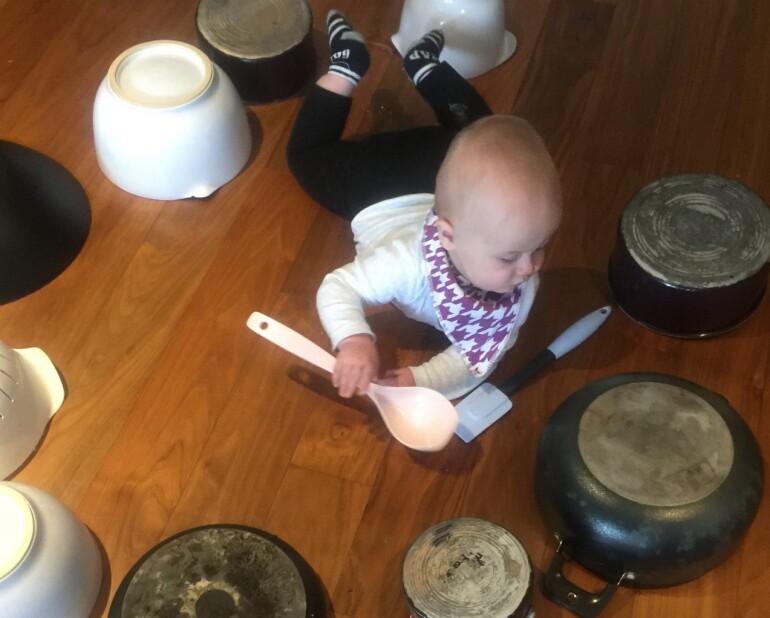News And Events

Using Music Technology
10 January 2022The world we live in is surrounded with sound and movement. Embracing music in early childhood is believed to be a way to help develop intellectual, imaginative, emotional, social, and cultural growth in the early years.
Music can help children to:
- Express feelings through voice and body,
- Develop rhythm and harmony,
- Be creative and have fun,
- Recognise and enjoy sounds, instruments, and different music,
- Value their own cultural music knowledge and participate in the music of other cultures.
While traditionally early childhood services have used devices such as cassette players and CD players, these days the use of Apps such as Spotify or YouTube can greatly increase the range of music available.
Often it is difficult to scramble and find the correct music or CD to fit the current teaching moment. Something as simple as creating a Spotify playlist means planning and programming can be achieved quickly and ready to use spontaneously. You can easily set music up in different play lists, for example, action songs, classical music, different rhythmic beats, cultural instruments, and dance music. Children and parents may be able to suggest songs and music they enjoy at home – Spotify has thousands of playlists with songs re-created into child-appropriate versions.
With the demographics of children attending our Educators’ homes ever growing and changing, the need for Educators to be able to source authentic cultural resources continues to grow. YouTube has thousands of child-appropriate clips to incorporate into care homes and learning programmes that reflect the different cultures of our world. For example, a new child with English as a second language, may benefit greatly in their transition to a new home environment by settling in each morning with a music video in their home language.
Exploring ICT and digital devices in early childhood environments is a valuable and resourceful way Educators can adapt to modern times. Children will grow in an era of technology we may not comprehend right now, and the role of an early childhood Educator is to help support and inspire the next generation to be adaptable, resourceful, and creative members of society. Through exploring art, photography, storytelling and music with digital devices, Educators can use technology in a way that embraces a ‘learning through play’ approach, while equipping children with skills for the next digital age and stage.
Information from Ministry of Education


